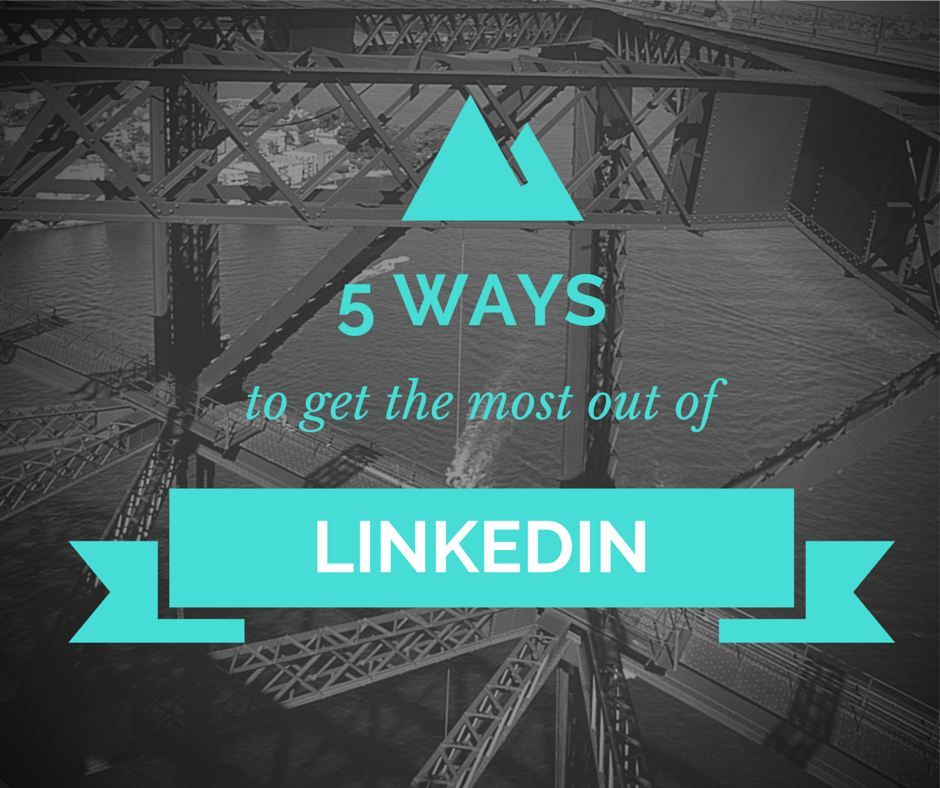Hilary's Social Media Tuesday Tip 002: Your 13-Second Hashtag Tutorial (Plus a Bonus!)
/Hey guys! Back again with another Tuesday Tip! Today we're talking about hashtags and reach. If we're creating content for business we certainly want to reach as many people as possible. Are hashtags the way to go? Should you always slap on a hashtag just in case it helps expand your audience? It's important to know how hashtags work on each social platform. Here's a quick run-down of what you need to know.
1. Twitter. Hashtags can be very effective for growing your audience. I would encourage you to really only use them when they're highly appropriate for a certain audience. And more often than not add them on at the end. Because #nothing is more #annoying than a #tweet that looks like #this. #amiright?
2. Instagram. This is the place where you can really feel that hashtag freedom--especially if you put your hashtags in a comment below your caption rather than right in the caption. To each his own but I'm comfortable with seeing a good 9 or 10 hashtags if they are purposeful.
3. Linkedin. Leave your hashtags at home people because they don't do anything for you on this platform!
4. Facebook. This one is tricky guys. Hashtags do work on Facebook but they don't actually expand your reach. Facebook's algorithm actually punishes posts that include hashtags. So avoid, avoid!
And a bonus that didn't fit in my 13-second video:
5. Pinterest. Hashtags are only clickable in a pin description. Don't bother with them on boards or in your profile bio. Words without hashtags are just as searchable as words with hashtags on Pinterest. So unless you're creating a special hashtag just for your brand and you want consistency across Twitter, Instagram and Pinterest, it may not be worth bothering.
I hope you've found this brief hashtag tutorial helpful. If you have any other hashtag questions feel free to throw them at me!


